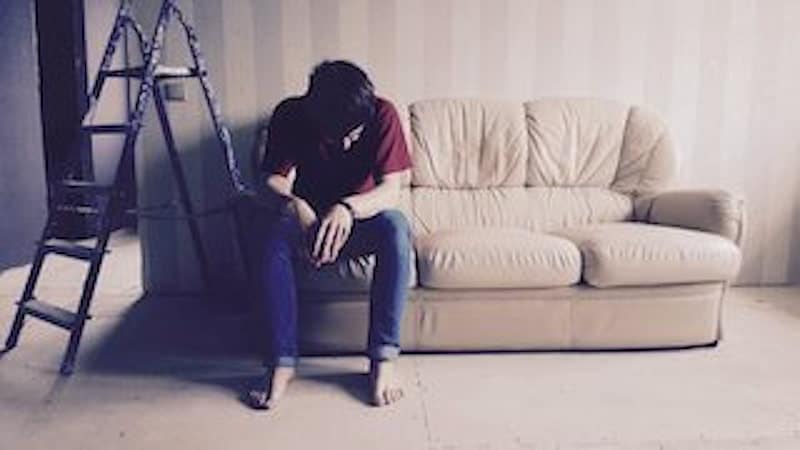Narcolepsy and the Immune System
Approximately 18 months ago, I was asked to evaluate a young woman for recurrent urinary tract infections, which were now becoming very difficult to treat due to antibiotic resistance. In this particular case, the patient has a spinal deformity that made her prone to urinary tract infections. For years the patient has been on multiple courses of antibiotic therapy for the recurrent UTIs. Prior to being evaluated, the patient had been hospitalized with an Enterobacter infection which was sensitive only to Tygacil. The reason for the evaluation was to see what could be done to prevent any further resistance, and how to manage the UTIs in the future.
During the review-of-systems part of the examination/interview, the patient admitted to being diagnosed with narcolepsy. The patient, however, did not believe she had narcolepsy – for as she stated, she did not have a tendency to fall asleep in front of people. As I have previously discussed in other articles, this is a common misconception, which unfortunately has been created by Hollywood. Review of the patient’s medical records showed that the patient did indeed make the criteria for narcolepsy. In addition, the patient did admit to having daytime fatigue and had been tried on a number of different stimulants to improve her daytime fatigue by other physicians. The patient claimed that she did not like the way the stimulants made her feel.
DNA sequencing of the patient’s urine, which was done on the initial visit, was found to be positive for Enterobacter; however, there was no resistance noted. The patient also agreed to try Xyrem to see if it would improve her daytime sleepiness. Since that time, the patient admits to having more energy and was no longer having daytime fatigue that she was experiencing prior to being put on Xyrem. As an extra added bonus, the patient has not had another UTI in nearly a year. This is been the longest that the patient has gone without a urinary tract infection.
As far as narcolepsy is concerned with the immune system, the literature reviewed only shows evidence that narcolepsy may indeed be an autoimmune disease, most likely triggered by an infectious ideology. However, there is really no literature showing that treating narcolepsy will improve the immune system. Could it be that in this particular case, by improving the quality of sleep in this individual, it has given her the ability to provide her with a more robust immune response preventing her from getting urinary tract infections? From a common-sense point of view, this does make sense; however, trying to prove this theory would take a significant amount of effort. But it does demonstrate that patients with narcolepsy do benefit in multiple ways besides improving their daytime sleepiness, and may indeed help their immune system.







